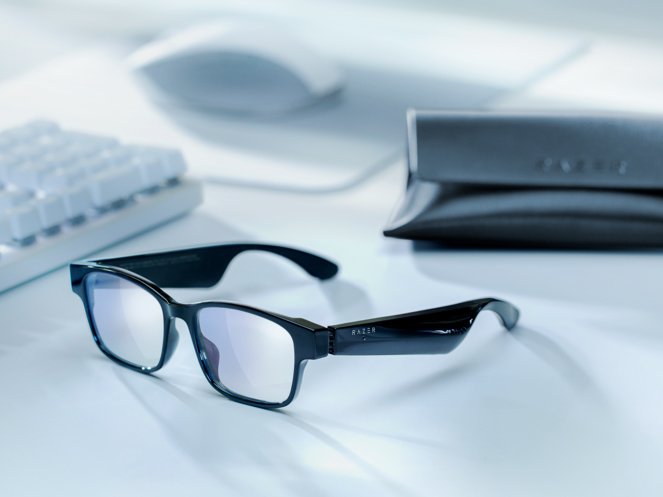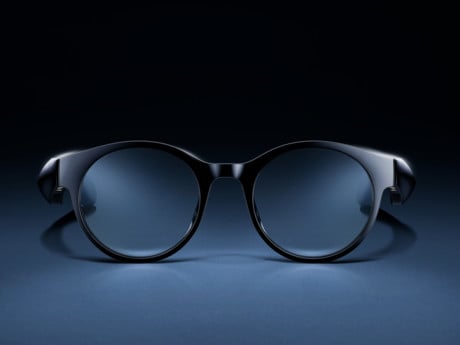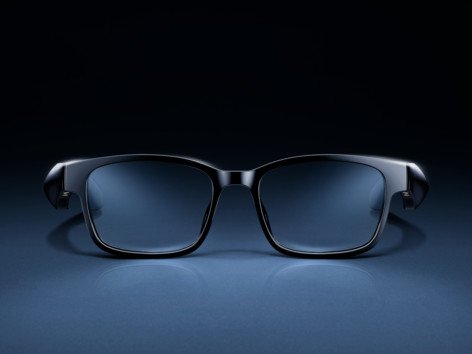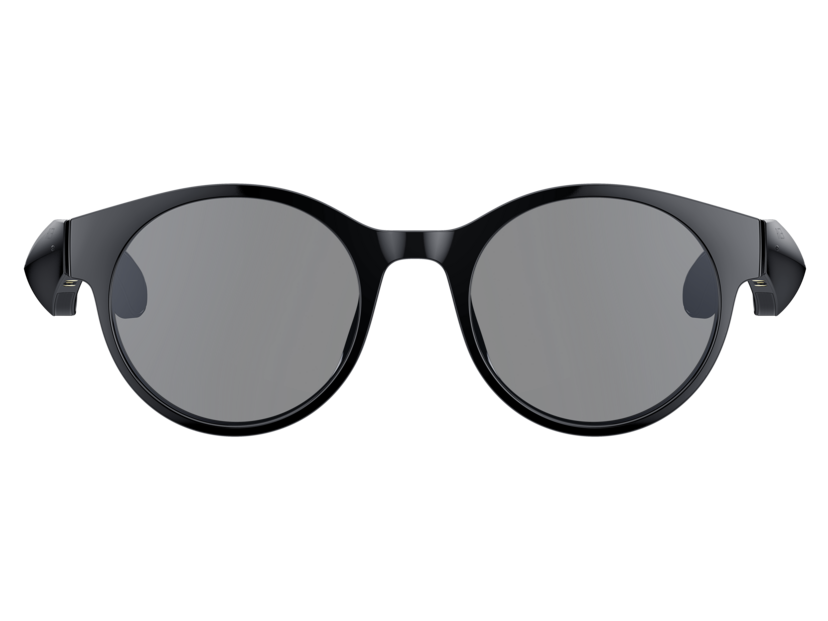Razer just made smart glasses for people who work all day and they look awesome
Featuring Bluetooth, open-audio, and blue light filtering lenses (and polarized sunglasses), the new Razer Anzus are perfect for a connected life.

All the latest news, reviews, and guides for Windows and Xbox diehards.
You are now subscribed
Your newsletter sign-up was successful
What you need to know
- Razer is launching its first smart glasses aimed at gamers or anyone working from home.
- The Razer Anzu feature blue light filtering and touch controls to navigate music or calls.
- It includes two sets of lenses for indoor and outdoor use (polarized).
- The Anzu come in two styles and are available starting at $199.
Over the years, the connected space has grown, especially for wearables. While so-called smart glasses have waxed and waned, Razer is taking a stab at offering realistic functionality that you can have today without breaking the bank.
The Razer Anzu are unique in that they offer open-ear audio perfect for taking calls while at home, the office, or out on the trail. There are both 35% blue light filtering lenses and 99% UVA/UVB protective polarized sunglasses included. Add in touch controls, Bluetooth 5.1 for up to five devices, support for smart assistants, and two styles (round or square), and these glasses look to be, dare we say, actually useful?
Built for those working from home, commuting to work, or even going for a bike ride, these glasses help prevent eye strain while also letting you listen to music or hop on a Skype call.
Going into the app for iOS or Android, users can flip on short 60ms latency so that video call audio syncs up to the user without delay. You can also mess with the custom EQ settings to nail that perfect sound profile.
| Category | Razer Anzu |
|---|---|
| Lenses | 1 set: 35% blue light filtering (clear) 1 set: 99% UVA/UVB (polarized) |
| Headphones | 16mm drivers (open ear) |
| Connection | Bluetooth 5.1 60ms low-latency |
| Sizes | Small/Medium Large |
| Weight | 43 to 48 grams |
| Microphone | Omnidirectional |
| Touch controls | Music (Play, pause, skip, previous) Call: Answer, reject, switch, end General: Pair, power, gaming mode, and smartphone assistant |
| Battery | More than 5 hours (active/streaming) 2-week standby |
| Compatibility | Devices with Bluetooth audio (Windows, iOS, Android) |
| App | Android and iOS devices |
| Settings | Latency, EQ, battery status, firmware updates |
| Water-resistance | IPX4 (splashproof, workouts, weather) |
| Included | Case USB-A Charger Lenses: regular and sun Cleaning cloth |
| Price | $199.99 USD / €209.99 |
| Replacement Sunglass Lenses | $29.99 USD / €34.99 MSRP |
The glasses look comfortable, too, at around 45 grams in weight with two sizes (small/medium, and large). Since the speakers aren't jammed into your ear canal when audio plays, phone or virtual meeting calls sound more natural.


Charging is interesting. There are proprietary magnetic connectors and no open ports (which helps with that IPX4 rating) on each ear stem. There are two connectors because Razer didn't want to run the battery wire through the frame itself. The result is the Anzu can flex widely open akin to genuine eyeglasses, ensuring a more comfortable fit.
Battery life with streaming audio is rated at five hours, which should be more than enough for a workday. Folding them up, which also powers them off, should give two weeks of standby time.
All the latest news, reviews, and guides for Windows and Xbox diehards.
By default, the lenses are the clear, blue light filtering ones, but users can pop them out and replace them with the included polarized lenses for outdoor uses. While Razer does not expect you to do this too frequently, they have ensured that they should last a long time in testing.


Razer is teaming up with Lensabl with 15 percent off for prescription lenses for those who purchase Anzus, all done via its Lensabl website. Of course, you can also bring the glasses to your local eyeglass store and have them make up lenses too.
The Razer Anzu smart glasses are now available with pricing at $199 from Razer.com. We'll be getting a pair in later this month to give a thorough review.

Perfect for work-from-home life
The Razer Anzu smart glasses are the ideal wearable tech for those working from home or spending extended periods in front of a computer. They feature eye-protecting lenses with blue light filters and have touch controls to navigate calls, music, and gaming with friends — or pop in the polarized lenses for outdoor use. With built-in mics and speakers, the Razer Anzu is all you'll need at home or on the go.

Daniel Rubino is the Editor-in-Chief of Windows Central. He is also the head reviewer, podcast co-host, and lead analyst. He has been covering Microsoft since 2007, when this site was called WMExperts (and later Windows Phone Central). His interests include Windows, laptops, next-gen computing, and wearable tech. He has reviewed laptops for over 10 years and is particularly fond of Qualcomm processors, new form factors, and thin-and-light PCs. Before all this tech stuff, he worked on a Ph.D. in linguistics studying brain and syntax, performed polysomnographs in NYC, and was a motion-picture operator for 17 years.

